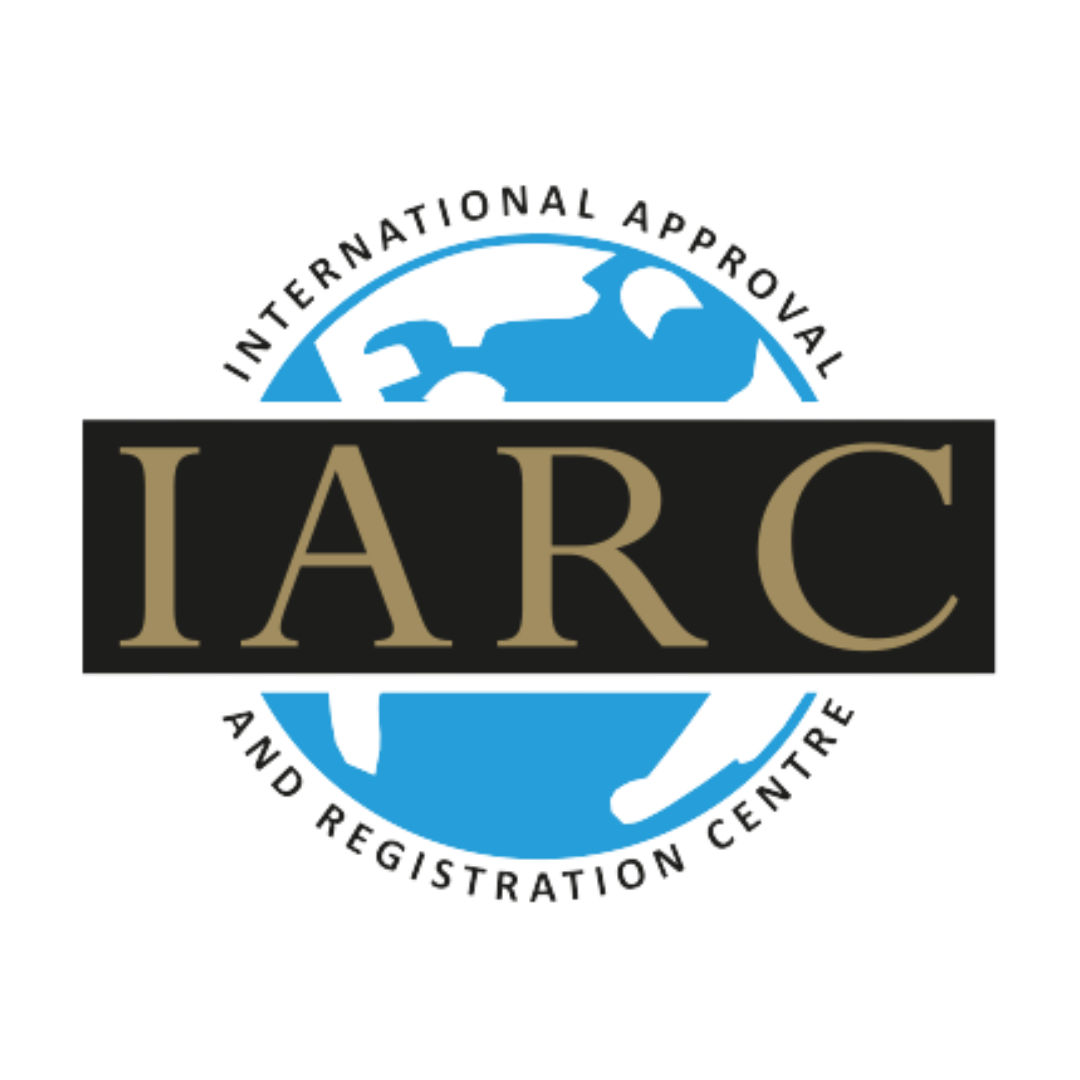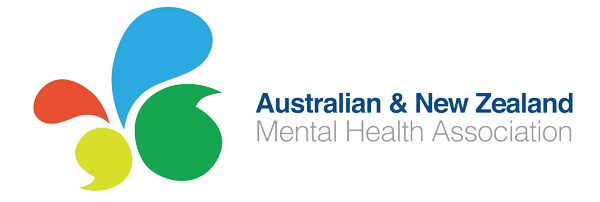Recognition |
|
|
ACS has been established since 1979, and has established a high level of respect in academic circles within a range of disciplines, in the UK, Australia and beyond. Staff include world-renowned academics from several countries, and we maintain active partnerships with respected institutions in several countries around the world. At ACS, our priority is on providing up to date, relevant learning experiences. We focus on delivering high-quality courses for professional development and continued learning programs. ACS believes that the most ethical and efficient approach for us to take is to focus our primary attention on our courses and our students. We have found over several decades that this has resulted in a high level of satisfied graduates who have a much higher success rate in industry than if we focus more heavily on accreditation and recognition. If your main reason for studying is to learn and increase your capacity to function within your chosen discipline, this could be an ideal college for you. Research shows that in today's world, success comes from what you have learned, combined with experience, a good attitude and ongoing networking. It is all too often today to find unemployed graduates from "accredited" courses. Clearly accreditation is not as important as it once was; however, at the same time, learning is of greater importance than ever before. Qualifications are no guarantee for a successful future; but being well educated is!
ACS and/or its staff are members of many Australian, UK, and overseas industry bodies, including:
ACS has held various formal accreditations (including government agency recognition in more than one country) in the past, however many of these were found to add significant cost to courses, without providing any significant benefit to graduates. There are literally thousands of bodies around the world that grant accreditation; so if your main purpose is to obtain some type of formal endorsement from a particular organisation or government authority, then you will need to be sure about which authority you would like to be endorsing your course, and then seek a college that has that particular endorsement (or accreditation). |
|
What do Qualification Levels Mean?
Qualifications are given different names in different places, and by different colleges; all over the world.
People are often confused, and sometimes misled, because they do not properly understand how qualifications relate to each other.
How ACS Distance Education Compares
We have defined our qualifications with the main emphasis on quantity of study and created a clear learning pathway for our students.
All of our courses are delivered to be at a post-secondary academic education level:
- Certificate – 600 hours
- Advanced Certificate – 900 hours
- Specialist Award – 500 hours
How can you Measure Quantity?
Course duration may be defined many different ways (eg. weeks, hours, part time, full time); but often the meanings of such definitions can not be very precise. Full time study at one university might only involve attending classes 3 days a week; but elsewhere, it may involve classes 5 days a week. Full time may involve continuous classes from 8am to 4 pm at one institution; but might only require two or three one hour sessions a day elsewhere.
Many courses will prescribe the number of class contact hours (or equivalent).
Some courses may estimate or suggest the quantity of work required beyond class contact hours, which may include such things as assignment or project work, work experience requirements and/or “swatting” in preparation for sitting exams.
How can you Measure Level of Study?
It is common for post secondary education to be described using terminology like vocational or university; trade, undergraduate, post graduate, and professional development. These are old terms though and as workplaces change, and the lines between different jobs become increasingly blurred, it can be argued that such terminology is losing relevance.
Many countries have created systems that designate and define “levels” of education. Level 1 and 2 courses are commonly certificates, and are intended to educate people for lower level jobs. Higher levels (perhaps 6 or 7) may be used for much higher level training, maybe at university. These systems can be an effective way of defining how complex a course should be; but different countries do use different ways to designate levels, and that leads to confusion internationally.
ACS uses 'duration' to delineate level of study, demonstrating a clear learning pathway for all our students.
How can you Measure Quality Factors?
The value and even amount of learning cannot be defined purely by the time spent studying and the level at which a person studies. Here are some examples of how other factors can come into play:
One course can teach how to perform a particular task once, then test the student’s ability to perform that task; while another course may teach the task in one context, then revisit the task, repeating the learning experience in a different context, possibly several times. When the task is learned once, it will enter short term memory, and if tested before it is forgotten, they may pass the test. If the task is taught several times in different contexts though; it will be more likely to lodge in their long term memory. Repeating the task may take longer, but the level of learning will not be higher -however the quality may be stronger.
One course may be resources with few visual aids, while another course may be resourced with more visual aids. Even if both courses are at the same level and have the same duration; the quality of learning may be stronger in the course with more visual aids.
One course may force students to attend classes routinely at a particular time and for a particular duration; irrespective of whether the student is in peak physical condition or not. Another course may allow the student greater flexibility about when and how long their study sessions are (so they can choose to study when they are in optimum physical condition, and alert to what they are studying. Both courses may be the same level and duration; but the flexible one may result in stronger learning
There are many other things that can cause variability between different courses.
What Matters to your Career Success?
The most important value of any course eventually, will be what you learn and how well you learn. If your learning is strong you retain it for life. If what you learn is fundamental to the subject; the information continues to have a relevance for decades to come, and will provide a foundation for working within that discipline in any place or situation, for your entire career.
Whether you do a level 1, 3, 5 or 8, might not matter in the long term, as much as what you learn initially, how that kick starts your career, and the fact that you continue to develop your knowledge and ability as you progress over the decades that follow.
How Do You Compare Different Systems?
Different systems will define qualification names and levels in different ways. They vary in the way they give weight to different criteria, such as described above. Because of these variations, and the lack of a clear cut correlation from one system to the next; it is near impossible to accurately say that a particular qualification in one system has the same career value or academic worth as a qualification under another system.
The Good News is there is Value in Diversity
Most students and graduates will have an understandable desire to be able to say their qualification is the same as something else from a different college, and in a different qualification system.
Despite this desire; there is in fact a big advantage in not being able to do so.
If your qualification does not translate perfectly; that means you have has a learning experience which is unique. The mix of things you learned, and perhaps the strength and level of your learning may give you advantages that will enable you to out perform others in business or employment.





